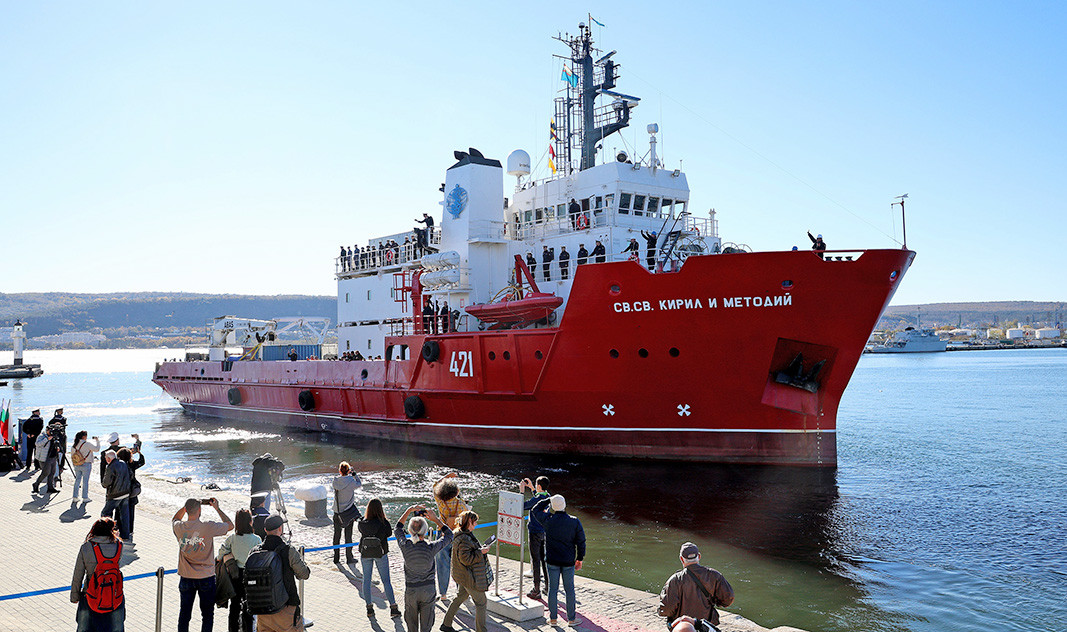
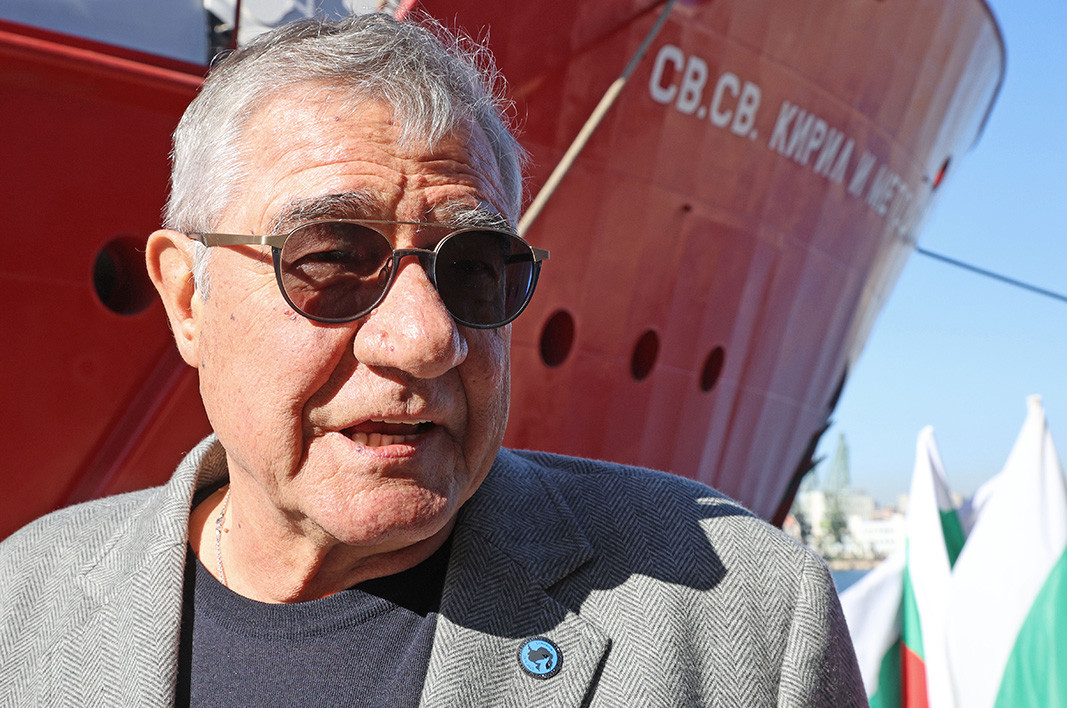
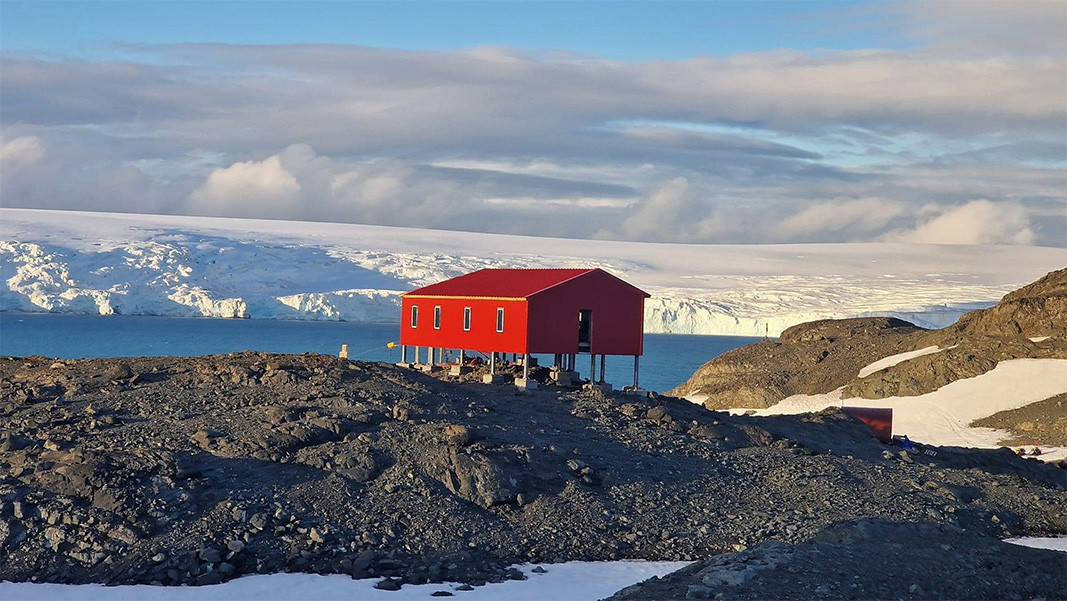
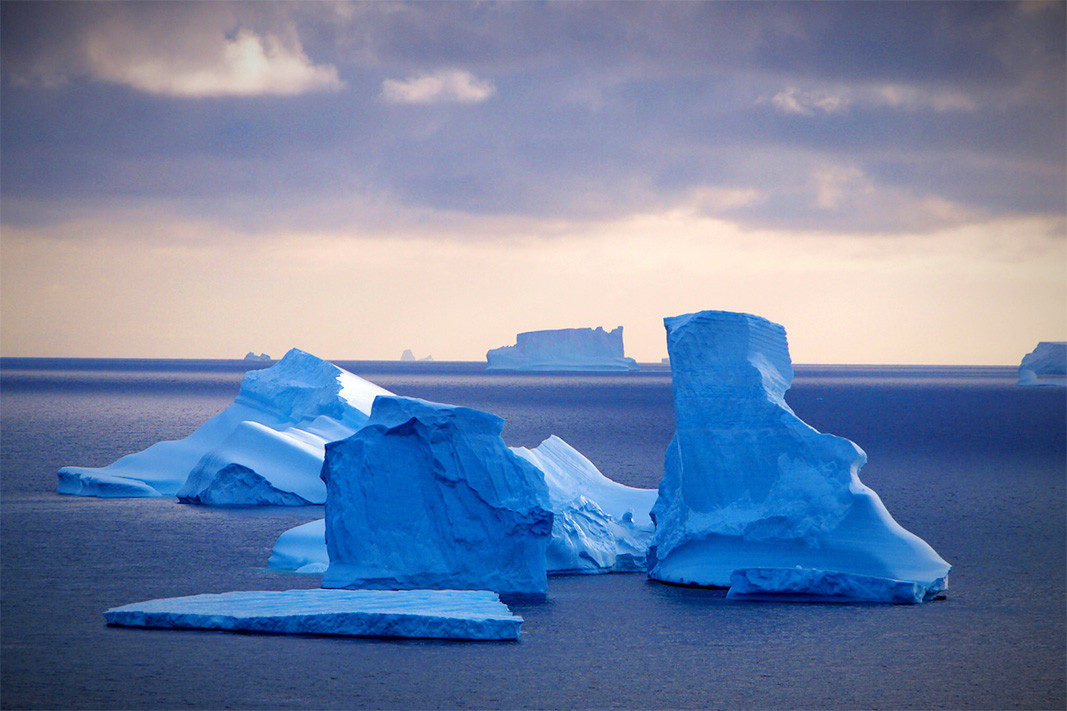
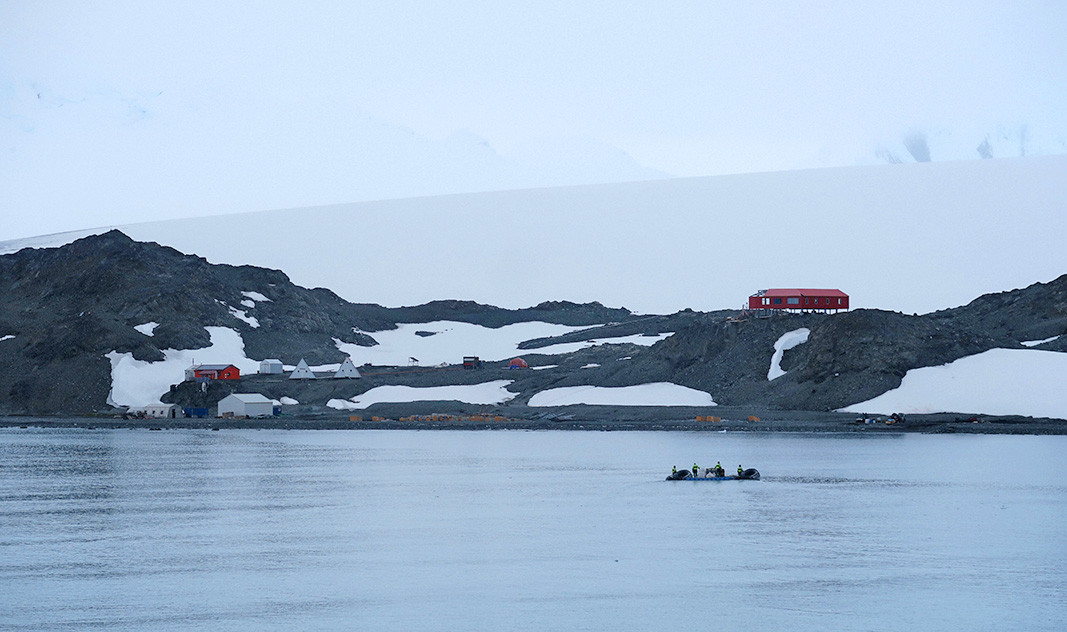
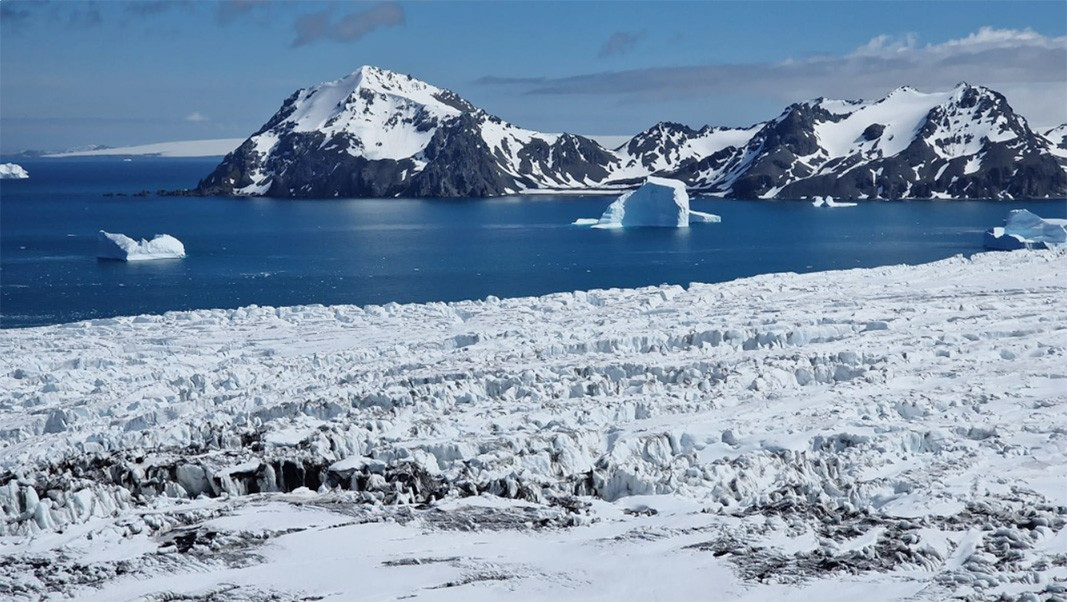
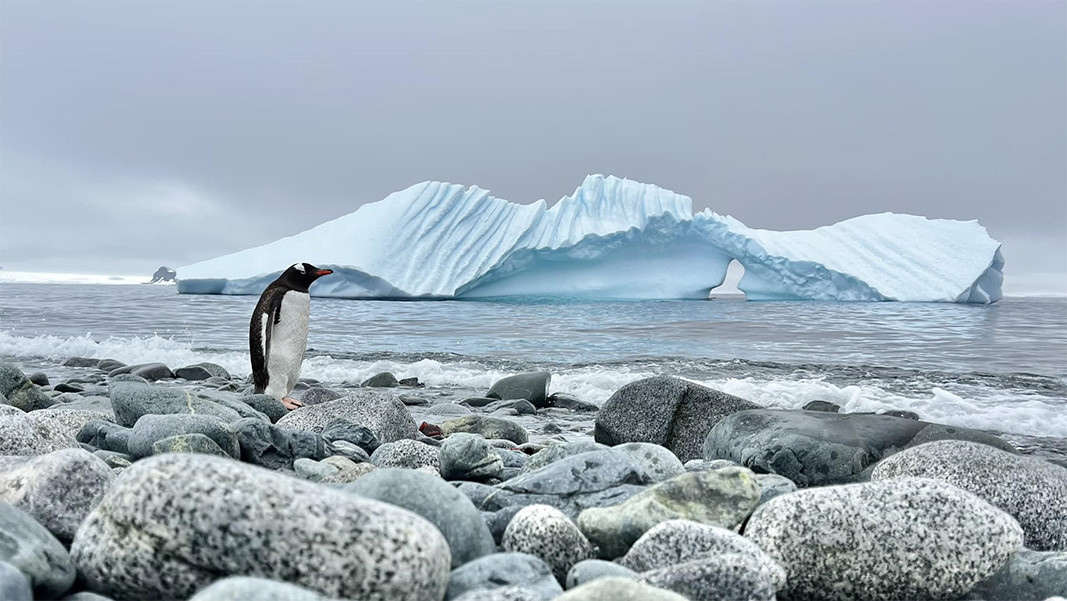
The votes in the early parliamentary elections on October 27 outlined an even more diverse parliament. The initial forecasts were for a 9-party National Assembly, but the results that the CEC announced after processing all the..
The highest concentration of microplastics along the Bulgarian Black Sea coast is found in the Bay of Sozopol, according to a study by the Laboratory of Marine Ecology in Sozopol published in the international journal Marine Pollution Bulletin...
The Bessarabian Bulgarians are "an integral part of the Bulgarian national body, of the Bulgarian spiritual and cultural community, and they will always be, because the bond between us and them is unbreakable" - wrote the only issue of the newspaper..
The program of the Orthodox Book Week offers meetings with authors, publishers and translators of Orthodox books from the last few years. The event is..
The "Kabiyuk" horse breeding farm in the village of Konyovets is the oldest stud farm in Bulgaria, founded in 1864 by Midhat Pasha, the governor of the..

+359 2 9336 661
